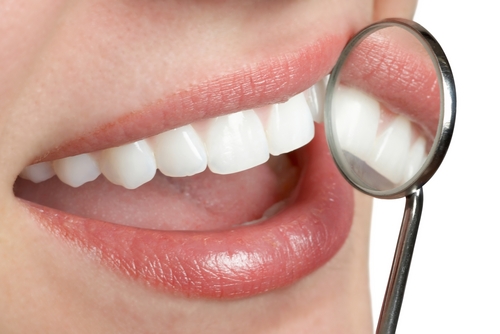Dental insurance policies accent prevention and diagnostics, normally it will cover two yearly exams and cleanings, in addition to X-rays and, for kids and old age people, fluoride treatments.
But the true benefit is being secured for bigger-ticket methods, for example, fillings, root canals and crowns.
Dental health care, primary factor when it comes to maintaining your good health. The sort of poor dental hygiene that processes gum disease, cavities and different infection can have bigger impacts on your good health. At the compelling end of things, some recent studies link regular oral issues to illness that incorporate heart stroke, diabetes, osteoporosis and considerably Alzheimer’s infection.
Dental Coverage is offered in a Mixture of Plans:
Dental Health Maintenance Organization (HMO)
Coverage is given by dental specialists who are in-system with your plan. Commonly there won’t be a co-installment for preventive services (there may be for other coverage). Unlike reimbursement plans, there’s commonly no waiting period or yearly maximum benefit restrictions. Different strategies may have limitations though. As indicated by the American Dental Association, this model is the most predominant around low-salary populations.

Dental Prefer Provider Organization (PPO)
Coverage is given in- or out-of-system network dental practitioners who will convey specific charges at a reduced rate. Regularly, you will pay a reduced cost if you utilize a within-network dental specialist. If you are in out of the dental specialist network, then You will be responsible for paying extra money for treatment unless your dental policy states otherwise.
Dental Reimbursement Plan
Offered by a few employers, By this plan you visit the dental specialist, pay the bill, and show this as a proof of installment to your working area and get repaid for a percentage of the cost of care, up to a preset cap. Rebate or referral dental plan Generally, these arrangements are utilized by individuals who have no dental insurance coverage. You pay for your dental work at a reduced rate concurred upon before before care. The downside to this plan might have difficulty finding a dentist who participates.
Identify what Procedures your Plan will Cover
Dental strategies shift in the types of coverage, so you need get the best information on reviews and avoidance of each one plan. You realize that you will require certain work done, you’ll need to verify that the method is secured by the plans you are considering. If not, compare what it would cost to get the work done out of pocket versus what it may cost to get a plan that does cover dental treatment.
Problems with Dental Insurance
The issue with dental protection is that coverage is really poor. While rates are low and the expense of two yearly check-up is frequently completely covered, payouts for real dental work are really low. Smart Money notes that payouts on most plans are between $1,000 and $2,000 for every year, and those numbers haven’t changed since the 70s.
Dental protection is a form of prepayment. But rather than gamble on the amount s how much coverage you may need, or you need to wait up to the all your work done, a rebate plan may be a better arrangement to pay for, and get, your dental care when you need it.
